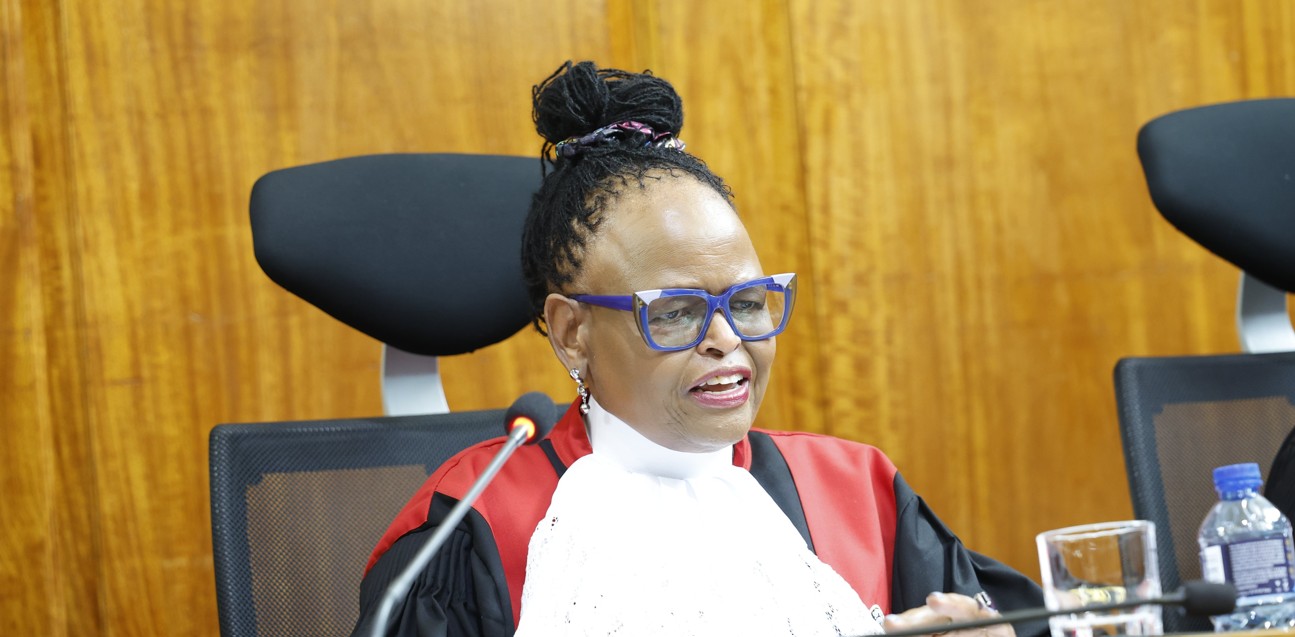IMF raises Ethiopia's international reserves target after first review

Ethiopia plans to reach a deal with bilateral creditors by year-end, the Fund said, followed by a deal with its Eurobond investors.
The International Monetary Fund (IMF) has raised Ethiopia's net international reserves target to facilitate payments of upcoming hard currency bills, the Fund said.
The East African nation secured a $3.4 billion, four-year financing programme from the IMF in July after carrying out a series of reforms including floating its birr currency. It is also in the midst of a fresh push to put its debt restructuring back on track.
More To Read
- World Bank warns political interference weakening Kenya’s state-owned enterprises
- Ruto backs IMF partnership as key to Kenya’s debt, economic reforms
- World Bank upgrades Kenya’s growth outlook to 4.9 per cent, warns of elevated risks
- Africa’s share of global extreme poverty rose by 30 per cent in 10 years - World Bank
- Revenue raise, prudent debt key to Africa’s 2026 upgraded growth prospects - IMF
- World Bank urges shift to local currency loans in Africa
"An increase in near-term target is warranted by Ethiopia's vulnerabilities and heightened uncertainty around outlook," the IMF said in a report published late on Monday.
Lower-than-expected volumes of hard currency sales by the central bank through auctions and higher gold exports contributed to an over-performance of the net international reserves target for August, the IMF said.
The net international reserves stood at $1.3 billion in mid-August, more than double the target of $630 million, the Fund said.
It raised the end-June 2025 target by $300 million to $400 million, to help create a buffer for the country to settle maturing letters of credit for fuel imports issued before reforms started.
The flotation of the birr currency resulted in the convergence of the official and the black market rates, the IMF said, but market activities had picked up at a slower pace than expected, leading to persistent unmet demand for dollars.
Ethiopia plans to reach a deal with bilateral creditors by year-end, the Fund said, followed by a deal with its Eurobond investors "as soon as is feasible" after that.
Bondholders have rejected the size of the proposed reduction in the principal amount, known as a haircut, indicated at 18 per cent in a recent investor presentation, saying the government was ignoring the fact that Ethiopia faces a liquidity issue, not an insolvency one.
"The authorities are making good faith efforts to agree terms with Eurobond holders," the IMF said.
Top Stories Today











































